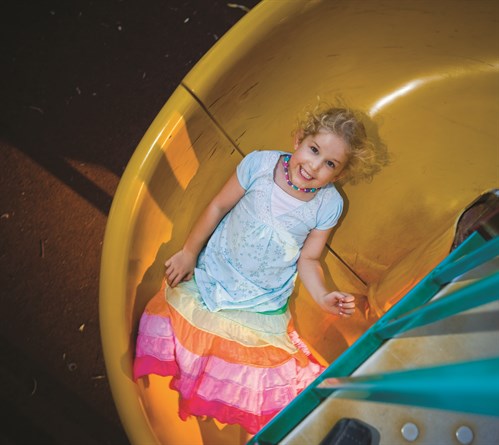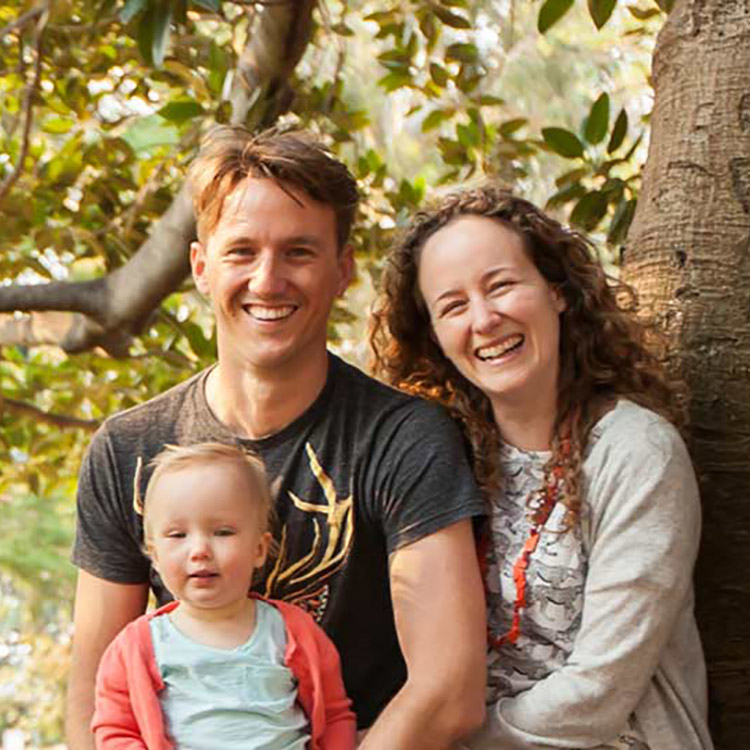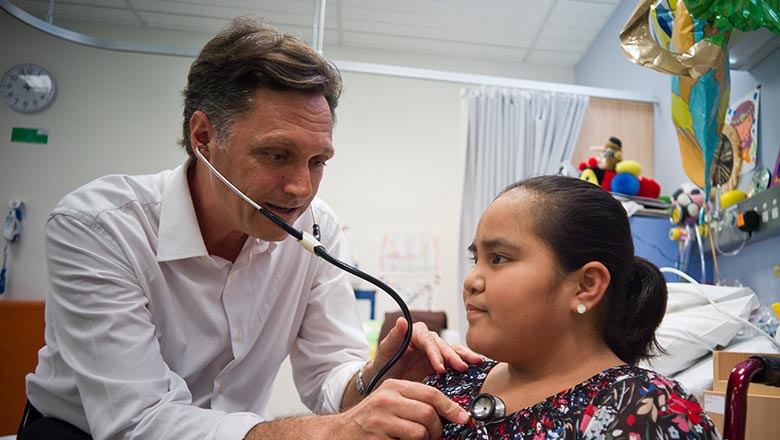Search

News & Events
Parenting & playEvery parent knows that physical activity and playtime are important elements of healthy growth and development. They're also a lot of fun.

News & Events
Language Study Reveals Need for Long Term MonitoringA new study looking at the receptive language development of young children has highlighted the need to monitor kids over time to ensure they don't fall behind.

News & Events
New evidence on the importance of birth spacingResearch from The Kids Research Institute Australia shows that a short time interval between pregnancies may be less of a risk factor for preterm birth and low birth weight

News & Events
Research reveals link between ADHD and juvenile offendingNew research from The Kids Research Institute Australia has revealed that children and youth treated for Attention Deficit Hyperactive Disorder (ADHD) are more likely

News & Events
Trans-Tasman partnership to tackle rheumatic heart diseaseResearchers at The Kids Research Institute Australia have begun a comprehensive research project into vaccines aimed at tackling rheumatic fever.

News & Events
How learning to talk is in the genesResearchers from Perth's The Kids Research Institute Australia have been part of an international study that has found that genetic factors contribute to the development of l

News & Events
New study reveals mothers age linked with childrens behaviourResearch from The Kids Research Institute Australia has shown that children born to older mothers fare well when it comes to behaviour.
News & Events
Chronic lung disease link targeted in new research studyA link between chronic lung disease and low Vitamin D levels is the focus of a new study just started by the Telethon Institute for Child Health Research.
News & Events
Life expectancy gap widens between those with mental illness and general populationThe gap between life expectancy in patients with a mental illness and the general population has widened and reduction should focus on improving physical health
News & Events
Second Mental Health Survey of Australian Children UnderwayThe second national survey to look at the mental health and wellbeing of Australian children and adolescents is underway, with data collectors out and about.
